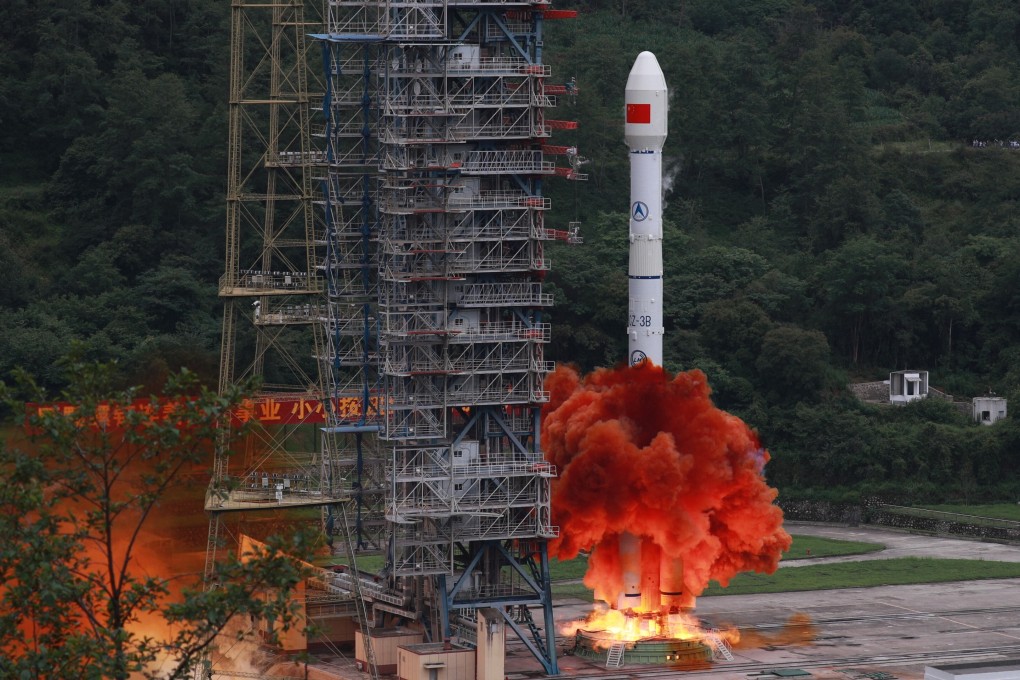Advertisement
China’s answer to GPS complete as final BeiDou satellite launches
- Last of the navigation system’s 30 operational satellites is sent into orbit on Tuesday after technical problems delayed it by a week
- The network’s completion, which state media report says is six months early, establishes it as a rival to the US-owned GPS
Reading Time:3 minutes
Why you can trust SCMP
15

China launched the final satellite of its BeiDou navigation system into orbit on Tuesday, in what the system’s designer said was a milestone in the country’s quest to become a major space power.
Completing the global navigation network that China has spent over two decades building, the satellite reached its designated orbit about 30 minutes after launch, according to the Chinese space agency.
It was launched from the Xichang Satellite Launch Centre, in the southwestern Sichuan province, and was carried by a Long March 3B rocket, China’s main rocket for putting communications satellites into orbit.
Advertisement
Yang Changfeng, chief designer of the BeiDou System (BDS), told China’s state broadcaster CCTV that the successful launch meant that China was “moving from being a major nation in the field of space to becoming a true space power”.

01:23
China launches last piece of BeiDou Navigation Satellite system into orbit
China launches last piece of BeiDou Navigation Satellite system into orbit
The launch was originally planned to take place a week earlier, only for technical problems to be found during a routine check before lift-off, forcing it to be rescheduled to Tuesday morning.
Advertisement
Advertisement
Select Voice
Select Speed
1.00x